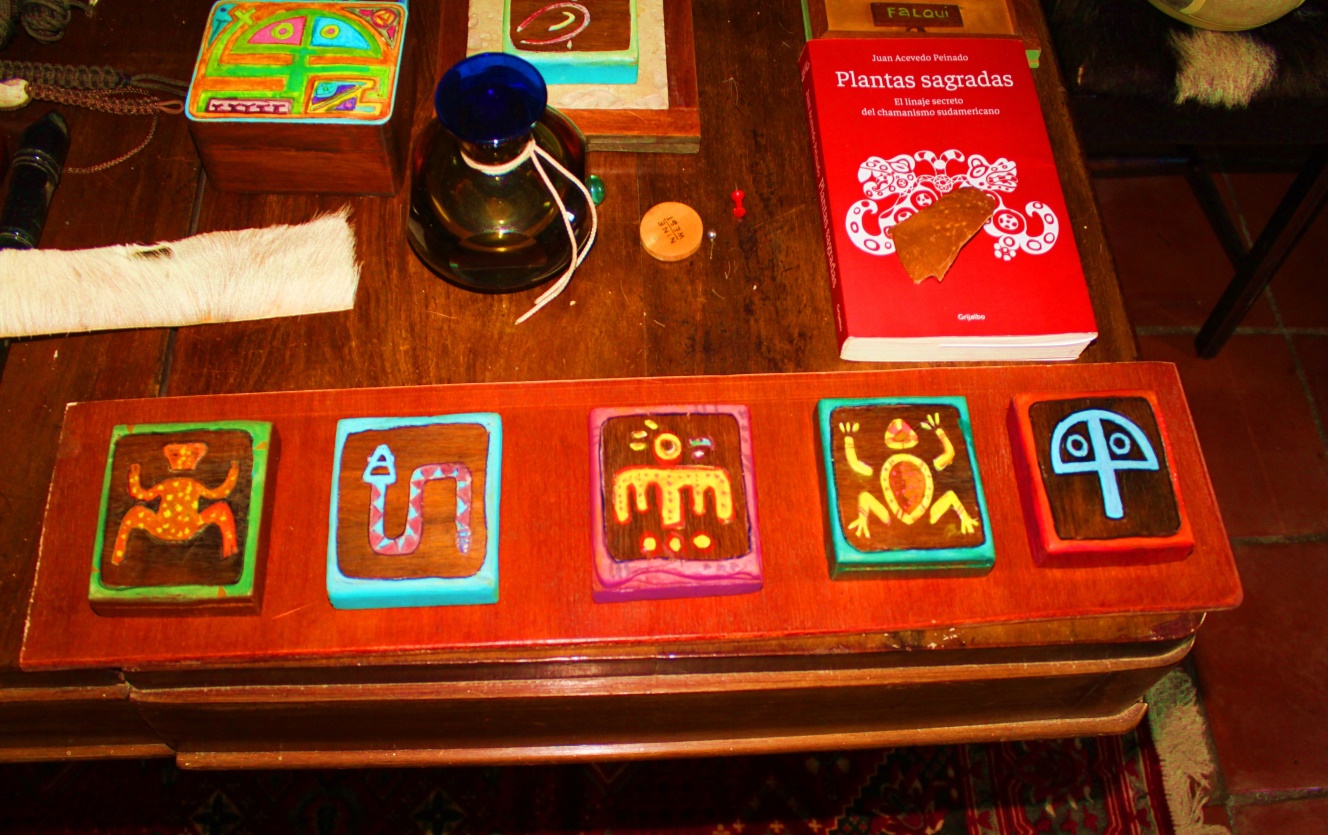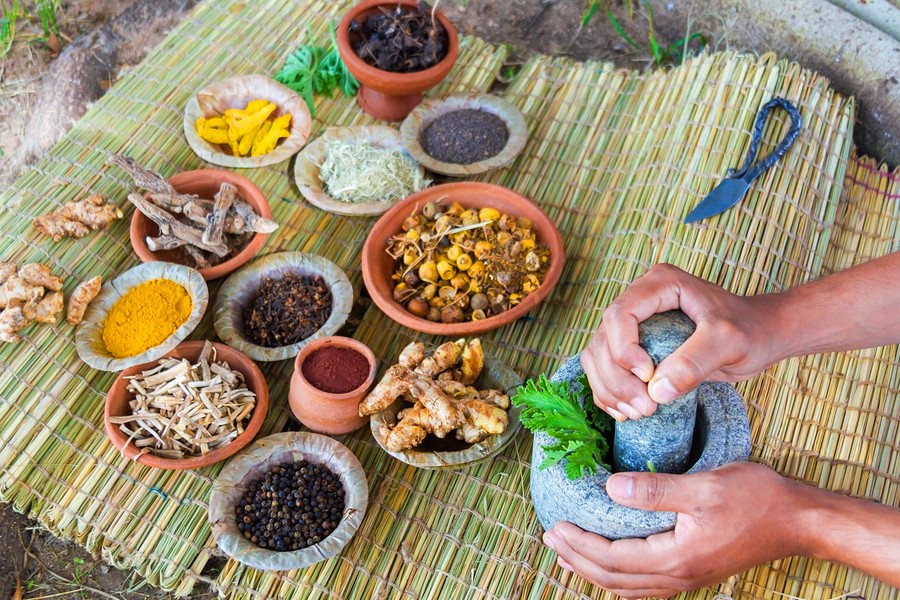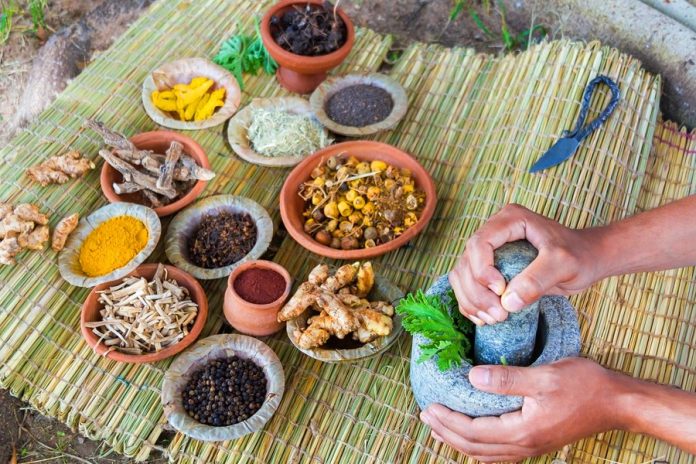Booking a magical glimpse inside Etnia Nativa
Article by Etnia Nativa call us 592 2702 and book your experience!
Etnia Nativa is Aruba’s unique native experience opportunity, where education is combined with entertainment. Share and interact with our exclusive team. Access this private facility and tour a beautiful property made with reused materials collected by its concept developer, our top columnist, avocational archaeologist, and island`s cultural expert. Book a mind-opening encounter and dive deep into the navel of the island.
During this new weekly episode, Etnia Nativa elaborates on “curiosos,” the Papiamento word that defines tribal healers. The name “Curioso,” means “curious,” is a “title,” which may have come from the inquisitive nature of those who practice the natural way of healing the soul with the assistance of spiritual powers and the magic of medicine plants.

A curioso is someone who adheres to the belief in ancient practices, also known as Shamanism. This belief is a practice that incorporates a range of customs, ceremonies, rituals, and traditions regarding communication with the spiritual world in which the curioso or curandero enters a supernatural realm to request assistance, particularly when needing to obtain solutions to problems affecting those in need of spiritual healing or physical ailments.
The curioso, or healer, uses appropriate words, objects, and potions in order to protect his patients from evil; his role is that of an opponent to all that is bad and as guardian of the good spirits. A curioso carries knowledge that has been gathered and passed through since prehistoric times from generation to generation, a connoisseur of plants, animals, and natural manifestations, a communicator, an educator, a prophet, and a mystic leader of his or her community.

In many native communities, the “curioso,” or medicine man, has an important role together with the head warrior or chief, which needs his power, making such a person one of the most powerful and influential men in the tribe.
The truth is that these “shamanic” or “curious” healing practices are in many times combined with animistic beliefs applying totemism, amulets, and fetishism, as in the case of the Aruban “curiosos,” who adapted and incorporated Roman Catholic beliefs imposed by the Spanish colonizers in their practices of their native existence. Many items, such as crucifixes, rosaries, candles, and images or statues of saints, were incorporated to supplant their natural spirits entities and thus maintain basic traditions. The sun became Jesus; Mother Earth became Mary; and the saints were all the different nature spirits and entities.
In the Amerindian Caribbean region, there are two types of these spiritual leaders, healers, guides, or “curiosos”: they are called “beyke” and “boitiu.”.
Beykes are ceremonial leaders and teachers of groups. The beykes responsibility is to organize and lead group ceremonies that are necessary to maintain the balance and connection between the people and the Divine Consciousness of the Great Spirit. The goal is to learn and become an expert in the tradition so that he or she can then teach and be a vehicle for the evolution and blossoming of the group.
Boitiu, on the other hand, is an explorer. The boitiu’s job is to go into realms where not everyone can go. The boitiu does this through a technique called “journeying.” The journey takes the boitiu to places where she or he can gain spiritual power or wisdom and then bring it back to the community. These places are located in the spiritual realms that are identified as the “Three Cosmic Levels” of shamanic geography: the Upper World, the Middle World, and the Lower World. Some of the power that the boitiu brings back from the spirit realm is used to heal. The boitiu is what many know as a “shaman” or witch doctor since he or she uses mind-altering substances to travel to the spiritual world.
We must note that Shamanism is not a specific religion but a doctrine based on a belief that physical nature might be brought under the control of man in the person of “curioso,” who is believed to have a spiritual connection with animals, supernatural creatures, and all elements of nature.
If you liked our native stories and are interested in learning the true identity of Aruba, a visit to Etnia Nativa would be a fantastic choice. It has been a trend setter since 1994, as a co-founder of projects such as Arikok National Park, the Archaeological Museum, and the Artisan Foundation, among others. Every week, this newspaper continues to share its valuable knowledge. Don’t miss the opportunity to feel the island’s spirit through learning real stories that are not just remembered; they resonate, they’re felt, and they stir souls. Book your visit: WhatsApp +297 592 2702 etnianativa03@gmail.com




















